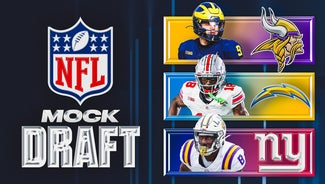





































































































































Column: Sports betting is here, leagues should stay away
They've been taking action for two weeks now in New Jersey, where basketball great Julius Erving helped kick things off with a $5 bet on the Philadelphia Eagles to repeat as Super Bowl champions.
Sports betting is here, and it's not going anywhere soon. States are embracing their newly won right to offer wagers, and fans are responding by lining up at the betting windows to throw a few bucks on their favorite teams.
And, surprisingly enough to some, the major sports leagues have - so far at least - somehow managed to survive.
No one has tried to fix anything, as the NFL for years claimed would happen if sports betting was legalized. No one has cried foul over some shenanigans going on in a game.
And, best of all, no greedy sports league has managed to dip its fingers into the pie.
That may change if New York eventually passes a sports betting bill that didn't make the cut with legislators this year. Proposed legislation there calls for a 0.2 percent cut of betting revenue for the sports leagues, which claim they need it to pay for extra expenses associated with legal sports betting.
It's a bad idea, nothing more than a money grab by leagues that for years decried sports betting as immoral and a threat to their games - until they figured out there might be some money to be made on it.
But if the anecdotal evidence of two weeks of legal betting in a few states is any indication, there's a ton of money to be made.
A report released Wednesday by GamblingCompliance, a Washington-based research firm, predicted sports betting will be legal in 25 to 37 states within five years. Billions of dollars will be wagered, with gross gaming win expected to top $5 billion by 2023 alone.
That translates into total wagering of some $100 billion a year alone, a staggering figure 20 times what was bet legally in Nevada last year.
Bookies will get their cut, and so will the states taxing the winnings. The report predicts New Jersey and Pennsylvania will surpass Nevada in sports betting revenue within five years, with just over $300 million in win each, and New York will likely end up being the biggest sports betting market in the nation once legislation is passed there to legalize it - especially if it includes online betting.
''Online sports betting in New York is single biggest opportunity we see emerging in next few years,'' said James Kilsby, managing director of GamblingCompliance.
So far, at least, it appears the sports betting market will be robust. Bettors in New Jersey have already embraced the limited rollout there, and five other states are on track to offer betting by the upcoming NFL season.
Whether the sports leagues end up getting a piece of the action remains to be seen. New Jersey specifically cut the leagues out, not surprising because they fought the state in court for years over efforts to legalize sports betting, and there is no fee in any of the states on the verge of offering bets.
But with the so-called integrity fee floundering, the leagues are moving in another direction. The latest plan involves charging for the use of stats generated in their games because, as NBA Commissioner Adam Silver said earlier this month, ''it's ultimately our intellectual property, and we think we should be compensated for it.''
NHL Commissioner Gary Bettman said much the same thing at the Stanley Cup Final in Las Vegas.
''If you're going to allocate for yourself to run a business on our intellectual property and the performance of our athletes and the platform that we put on for our games, we're entitled to be involved in that,'' Bettman said.
Unfortunately for the leagues, that ship has mostly sailed. Nevada built up a respectable - and profitable - sports betting business over the years with no help from the leagues, who fought sports betting at every turn and often warned about dire moral consequences should it be legalized outside the state.
For them to now want a cut of the action would be laughable if they weren't so serious about it.
The bottom line is the NBA didn't want anything to do with Las Vegas or legal betting. Neither did Major League Baseball or the NFL, which just a few years ago wouldn't even allow Las Vegas hotels to advertise on the Super Bowl broadcast because it was fearful that would somehow taint the game.
To reward them now would be nearly as foolish as banning sports betting was in the first place.
---
Tim Dahlberg is a national sports columnist for The Associated Press. Write to him at tdahlberg(at)ap.org or http://twitter.com/timdahlberg
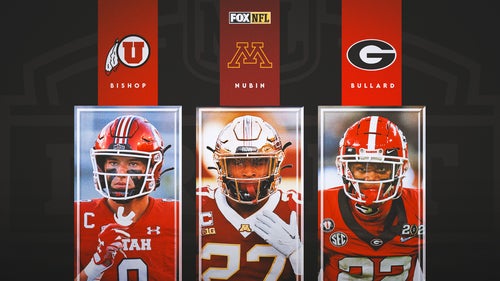
2024 NFL Draft safety rankings: Pac-12 prospects make up half of the top 10
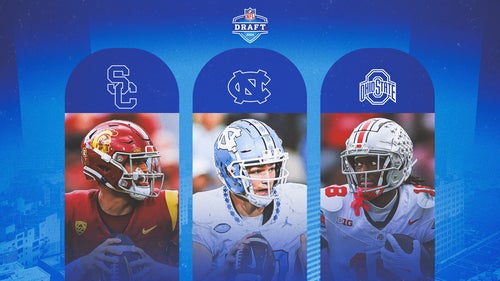
2024 NFL Draft prospect rankings: Top 100 led by Caleb Williams
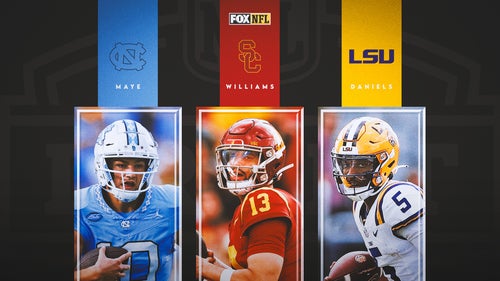
2024 NFL Draft QB rankings: Caleb Williams leads top 10 prospects
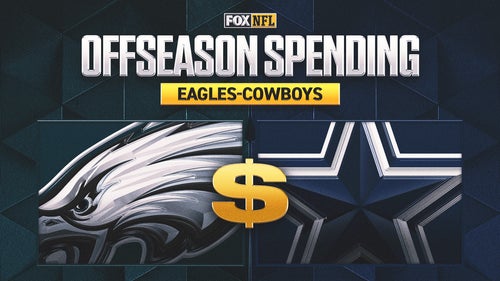
Eagles keep showing the Cowboys what 'all in' really means

2024 NFL Draft Schedule: Date, time, how to watch, TV channel
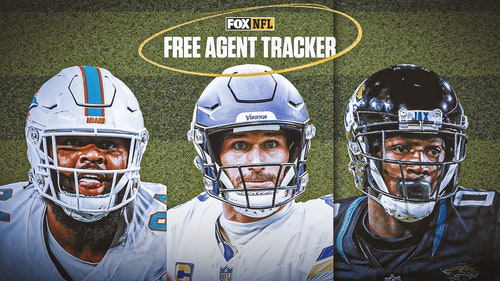
2024 NFL free agency tracker: Signings, updates, best players available
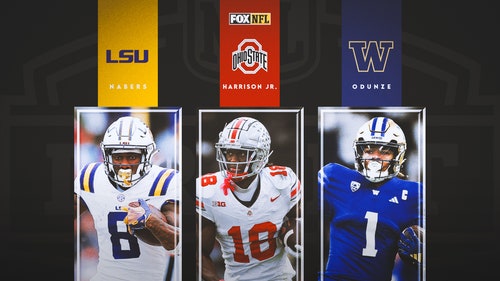
2024 NFL Draft WR rankings: Marvin Harrison Jr. leads stacked top 10 prospects
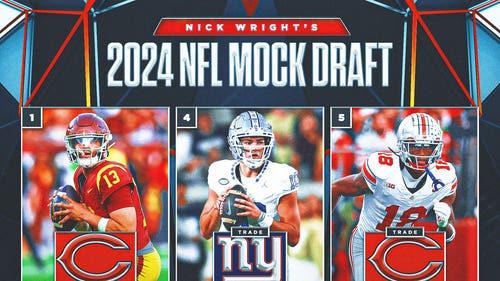
NFL mock draft: Nick Wright has Bears pair Caleb Williams, Marvin Harrison Jr.

2024 NFL playoff bracket: Schedule, picture, Super Bowl result
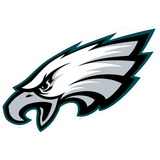

2024 NFL Draft safety rankings: Pac-12 prospects make up half of the top 10

2024 NFL Draft prospect rankings: Top 100 led by Caleb Williams

2024 NFL Draft QB rankings: Caleb Williams leads top 10 prospects

Eagles keep showing the Cowboys what 'all in' really means

2024 NFL Draft Schedule: Date, time, how to watch, TV channel

2024 NFL free agency tracker: Signings, updates, best players available

2024 NFL Draft WR rankings: Marvin Harrison Jr. leads stacked top 10 prospects

NFL mock draft: Nick Wright has Bears pair Caleb Williams, Marvin Harrison Jr.

2024 NFL playoff bracket: Schedule, picture, Super Bowl result
